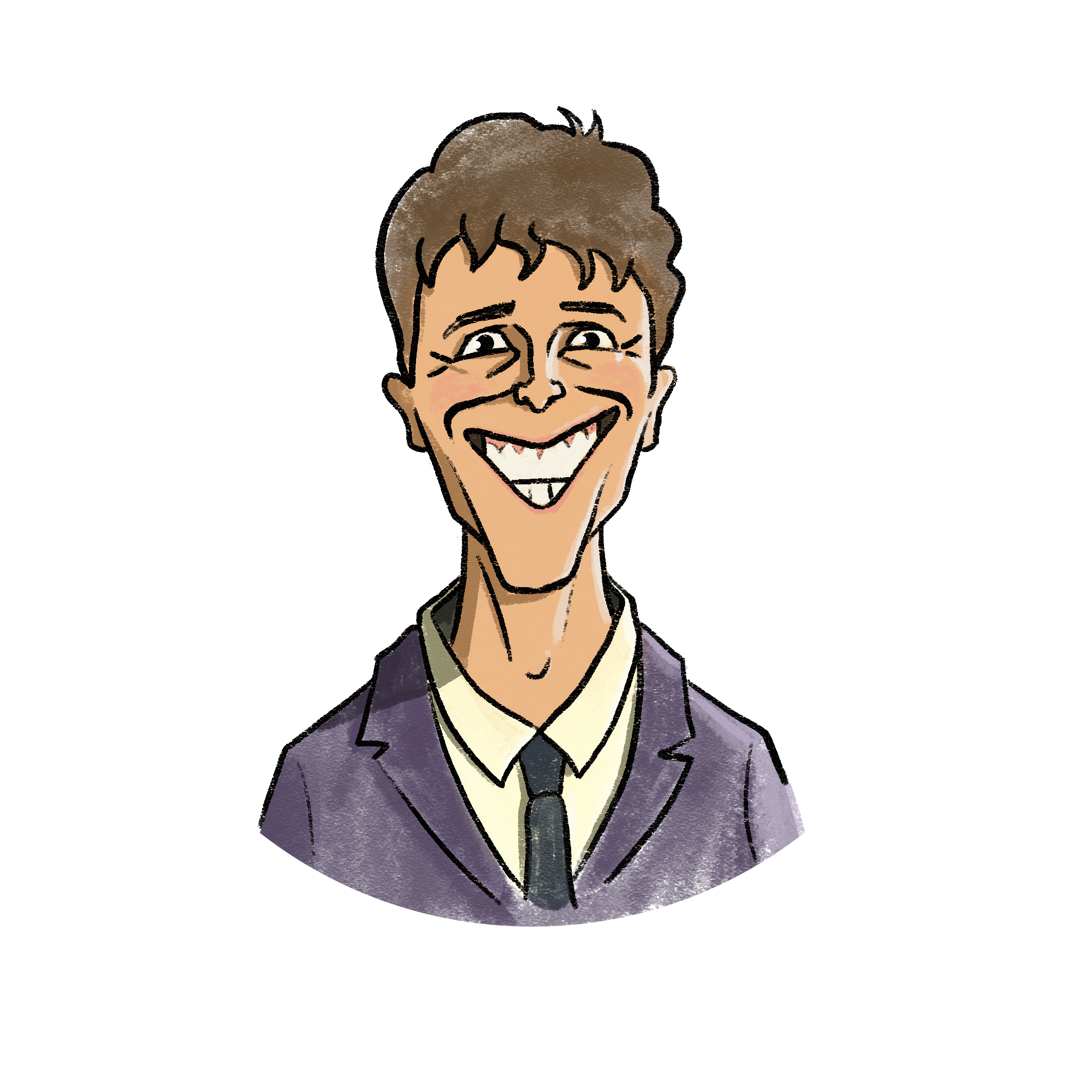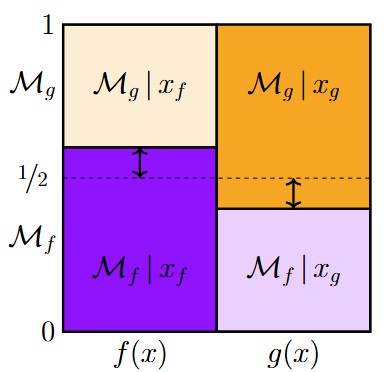The current state of academic publishing is a sad affair. Academics (funded by taxpayers) edit and review each other’s work, an activity associated with truly staggering effort and costs (i.e., over 100 million work hours of peer review translating to an estimated monetary value of 1.5 billion US dollars per year; Aczel et al., 2021). When the work is deemed of sufficient quality, the author signs away their copyright to the publisher, who then proceeds to hide the work behind a paywall. In order to attain access for their employees, university libraries (funded by taxpayers, again) can buy expensive annual subscriptions. Recently a new business model has been promoted. Instead of signing away their copyright, the author can pay an Article Processing Charge (APC) to the journal, which will then publish the article under an open-access license. Many APCs are in the order of 1500-2000 euros. This APC model has not cut into the publisher’s profit margin. It is clear that this state of affairs generally represents an Unreasonably Bad Deal for the taxpayer: they are supporting the researchers, and the university libraries, and yet the research is hidden behind a paywall. The APC scenario is more appealing –at least taxpayers can now read the work that they made possible in the first place– but it is unclear why the work could not have been published as a preprint, or in a “diamond-access” journal without an APC.
How is it that academics as a group appear to be taken hostage and are tolerating a situation that is clearly exploitative? And how is it that taxpayers (and by extension, politicians and funders) have not put their foot down?
The main answer to the first question is that academics have little choice if they value their career. An early career researcher seeks to publish in reputable outlets, because doing so will make it unambiguously clear that they have achieved something remarkable. Not everybody gets to publish in, say, Nature, Neuron, or Psychological Review. A publication in these journals affords scientific prestige, and this prestige is needed to obtain funding or secure advancement, especially in a highly competitive environment. In contrast, any researcher can publish a preprint, and therefore preprints do not afford prestige (unless the work is easy to recognize as extraordinarily influential). Diamond-access journals may afford prestige, but currently not nearly as much as the high-impact alternatives. Another reason is that academics do not have to pay the publishers out of their own pocket; the taxpayer foots the bill, and this makes the exploitative relationship much, much easier to tolerate.
The answer to the second question is that politicians and funders are not sufficiently aware that ego and desire for prestige are the only real motivations for researchers to publish in commercial outlets. Any suggestion to limit publication of publicly-funded research to non-commercial outlets will be met with loud and angry protests. Researchers will argue that such restrictions are draconian and will stun the growth of research compared to that of other nations; researchers will argue that such restrictions will cause a mass exodus to other countries, because it is just absolutely necessary to publish in Nature, Science, or Cell. These arguments are, in our opinion, deeply mistaken.
It seems clear to us that the exploitative nature between publishers and researchers will remain in place until a politician with a spine decides to end it. Draconian measures are the only measures that will be successful. And we say this from experience. Even in our [EJW and BA; not AS] “safe” and advanced career stages , we find ourselves continuing to publish in commercial outlets. We seem to be unable to kick the habit. It is hard to come up with reasons for continuing this practice other than a desire for prestige.
Imagine a world in which, say, the EU and the US would declare that all publicly funded research is prohibited from being published in a commercial or non-diamond-open-access outlet. Specifically, public funding may not be used to pay APCs that exceed the non-profit threshold, the work may not be paywalled, and commercial publications may not be entered on grant applications. Let’s call this “plan Z” — an extreme version of the existing “plan S” (for a promising new plan-S move see this recent proposal). This would essentially end all of commercial academic publishing on the spot. And would science suffer a blow as well? Would there be much collateral damage? We don’t think so at all – instead, we believe that plan Z will accelerate a development that now proceeds at a glacial pace. Here is what we recently wrote, in a commercial journal of course:
“It is clear that science can progress even in the absence of publishers and academic journals. For instance, in data science and engineering considerable prestige is associated with conference proceedings; in physics, preprints on ArXiv communicate key results well before they are ultimately published in a journal. It remains an open question how exactly such alternatives can be made normative and rewarding for researchers in other fields. However, we speculate that in order to change the status quo, two elements are critical: (1) the alternative to the current publishing system needs to be non-commercial, that is, open-access for the reader and with near-zero article processing fees for the authors (e.g., https://scipost.org/); (2) funders need to demand that researchers publish only in these non-commercial outlets. In other words, funders need to prohibit publication in commercial outlets. Unless funders prohibit commercial publication, individual researchers will too easily succumb to the lure of the prestige associated with a high-impact journal, propagating a practice that in other walks of life would be considered racketeering.” (Wagenmakers et al., 2023)
We suspect that if plan Z were to take effect on a global scale, entire editorial boards would swiftly move to a scipost-style alternative. For instance, one day after plan Z takes effect, the commercial journal Psychological Review would burn to the ground, but from its ashes would immediately rise, like a diamond phoenix from the flames, the new journal Scipost – Psychological Review, with the same editorial board. Another alternative is that the absence of commercial options would increase the value attached to preprints, and that other ways would be found to attain prestige with them (e.g., through the number of citations and views). Note that we are not saying that publishers have never had value; 50 years ago, without the internet, publishers played an essential role in distributing academic journals across the world. But this era is gone, and with it the benefits. Printing presses are now virtually obsolete, and hardcopies need not be distributed across the globe by trains, planes, and automobiles. What has remained –what has skyrocketed, in fact– are the costs associated with academic publishing.
References
Aczel, B., Szaszi, B., & Holcombe, A. O. (2021). A billion-dollar donation: Estimating the cost of researchers’ time spent on peer review. Research Integrity and Peer Review, 6(14). https://doi.org/10.1186/s41073-021-00118-2
Wagenmakers, E.-J., Sarafoglou, A., & Aczel, B. (2023). Facing the unknown unknowns of data analysis. Current Directions in Psychological Science, 32, 362-368. Preprint URL: https://psyarxiv.com/mjw2c/
About The Authors
EJ Wagenmakers
works at the University of Amsterdam.
Balazs Aczel
works at ELTE University, Budapest.
Alexandra Sarafoglou
works at the University of Amsterdam.






